The Top Dos and Don’ts of Prepping
Preparing for various scenarios, whether it’s a natural disaster, economic collapse, or pandemic, has become very important in recent years. Prepping involves being proactive to ensure the well-being and survival of yourself and your loved ones in times of uncertainty. However, effective prepping requires careful consideration and planning. Let’s talk about the top do’s and don’ts of prepping and how it can affect you!
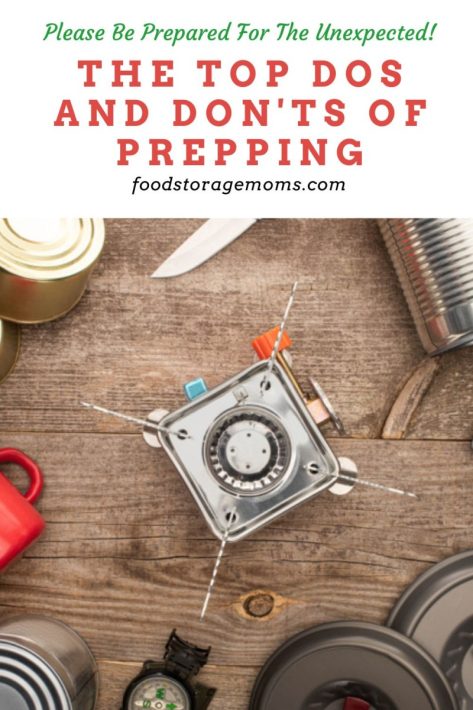
The Dos of Prepping
1. Do Assess Your Risks
Before diving into prepping, it’s crucial to assess the risks and vulnerabilities specific to your location and circumstances. Consider factors such as geographical location, climate, local threats, and socio-economic conditions. This assessment will help you prioritize your preparations and focus on the most relevant areas.
We are all familiar with the typical places for hurricanes and tornadoes and hopefully, people who live in those regions are appropriately prepared. Some subtle scenarios where preparation is important are earthquakes, wildfires, and an unexpected flood. No matter the event of an emergency that does occur, there are basic plans and supplies you’ll need.
Bushnell Lanterns, Flashlights, and Solar Flashlights are critical.
2. Do Create a Comprehensive Emergency Plan
Having a well-thought-out emergency plan is essential. This isn’t something you keep in your head, you need detailed instructions that are written down and can be referred to. Identify potential escape and evacuation routes and establish meeting points as part of your evacuation plans. Be sure to designate responsibilities for each family member and go through some practice runs before disaster strikes.
Include provisions for communication like walkie-talkies and cellular phones that can be charged. Plan on medical emergencies by having prescriptions for things like allergies and diabetes where medicines can save a life. Have a set of important documents that you can grab as you evacuate. Securing important documents like passports, birth certificates, and contact information can come in handy. Regularly review and update this plan as needed, and be sure to include how to contact police and fire department personnel.
3. Do Build a Stockpile of Essential Supplies
Stockpiling essential supplies is a fundamental aspect of prepping. Start by storing non-perishable food and enough water for an extended period. Aim for a diverse range of non-perishable goods that cover your nutritional needs. It’s also important that the foods are what your family members will actually eat.
The American Red Cross and some government agencies suggest one gallon of water per person per day. I’ve always told my readers we need four gallons of water per person per day. We need enough to stay hydrated, cook meals, perform some personal hygiene, and do limited laundry. For consumption, having a way to filter your water is critical for the prevention of sickness as part of your plan for disease control.
Ensure you have a sufficient supply of medications, hygiene products, and basic tools. Having well-stocked first aid kits is a given in any emergency and a key preparedness tip. Having materials for your pets is vital too.
4. Do Develop Survival Skills
No matter how well-stocked you are, knowledge and skills are invaluable during challenging times. Learn first aid, including CPR, self-defense techniques, and basic survival skills like fire-making and navigation. Developing these skills will increase your chances of staying safe and self-reliant in any situation.
Make sure you are well-versed in how to use all the materials and supplies in your emergency kit. They aren’t any good to you if you can’t safely put them to use.
5. Do Network and Collaborate
Prepping is not a solitary endeavor. Building connections with like-minded individuals can provide support, shared resources, and valuable knowledge exchange. Join local prepping communities, attend workshops, and participate in online forums to expand your network. Try to include as many people as you can from your neighborhood so those living close can look out for each other in times of emergency.
The Don’ts of Prepping
1. Don’t Overspend or Go into Debt
While it’s essential to invest in prepping supplies, it’s crucial not to go overboard and accumulate unnecessary debt. Budget wisely and prioritize the most crucial items first. Start small and gradually build up your stockpile over time. Remember, prepping is about preparedness, not excessive consumption.
For those getting started, I suggest you start one can at a time. Don’t let your emergency plans overwhelm you and cause you to make unwise decisions. We want our plans to be family-safe, and that includes good mental health.
2. Don’t Neglect Physical and Mental Health
While you focus on preparedness, it’s easy to overlook physical and mental well-being. Stay physically active, maintain a balanced diet, and prioritize self-care. Engage in activities that promote relaxation and reduce stress. A healthy mind and body are vital assets during challenging times.
3. Don’t Rely Solely on One Strategy
Avoid fixating on a single strategy or scenario. While it’s important to prepare for specific threats, it’s equally crucial to remain adaptable. Assess and reassess your preparations regularly, considering new information and emerging risks. Flexibility will increase your chances of successfully weathering unexpected challenges.
4. Don’t Broadcast Your Preps
Maintain a low profile when it comes to sharing details about your prepping efforts. Broadcasting your preparations may attract unwanted attention or make you a target for theft. Exercise caution when discussing your plans and be mindful of your digital footprint.
5. Don’t Forget Long-Term Sustainability
Prepping is not just about short-term survival, it’s about long-term sustainability. Consider investing in renewable energy sources, such as solar panels or wind turbines, to reduce reliance on traditional power grids. Develop skills in gardening, food preservation, and water harvesting to ensure self-sufficiency in the long run.
Final Word
Prepping is a proactive approach to safeguarding yourself and your loved ones during uncertain times. By following these top dos and don’ts of prepping, you can establish a solid foundation for preparedness. With these guidelines in mind, you’ll be better equipped to navigate the challenges of prepping. May God Bless this World, Linda
Copyright Images: Gas Burner With Supplies Depositphotos_358837746_S by VadimVasenin, Disaster Supply Kit Depositphotos_565607558_S by NewAfrica

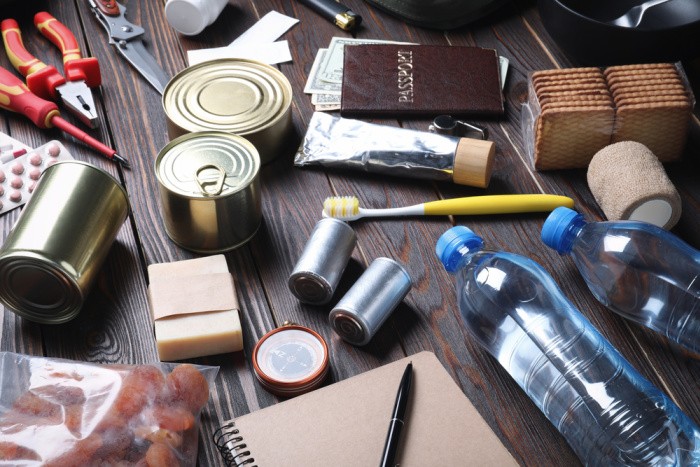

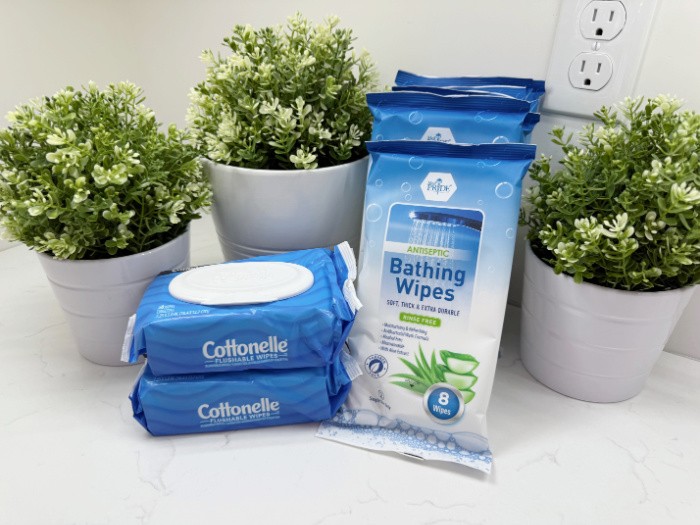
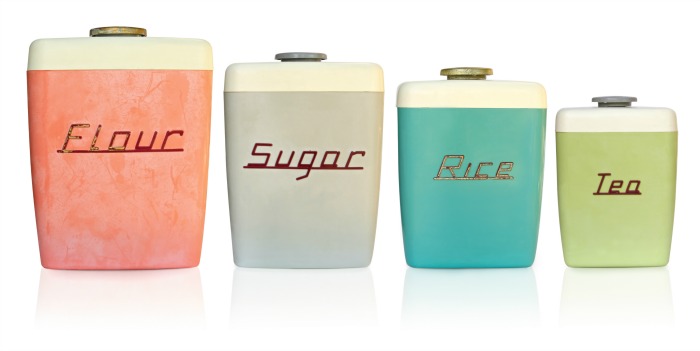
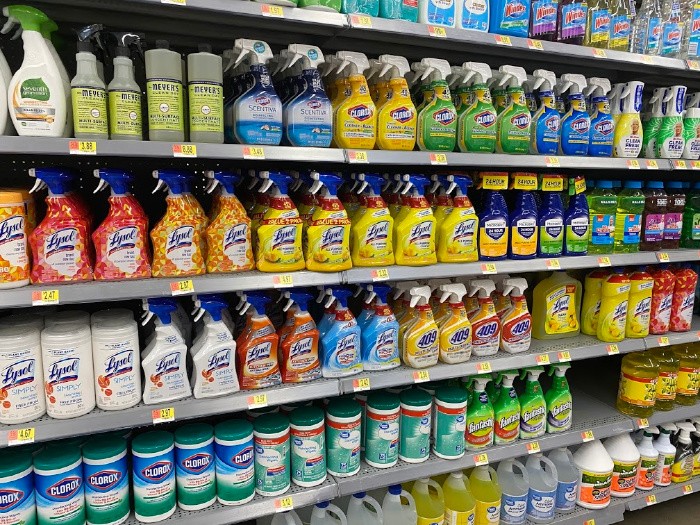
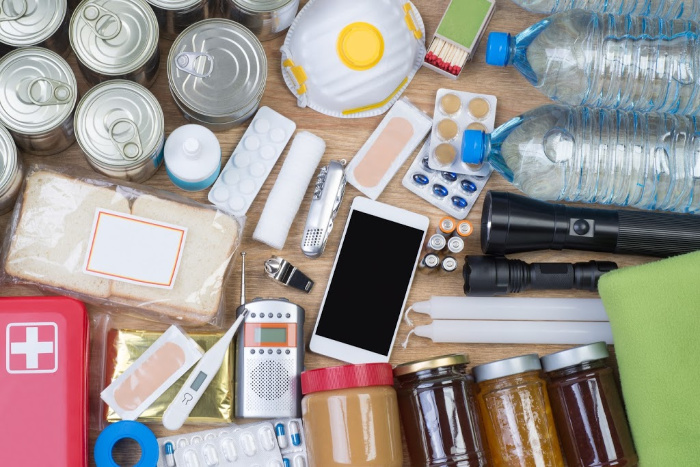
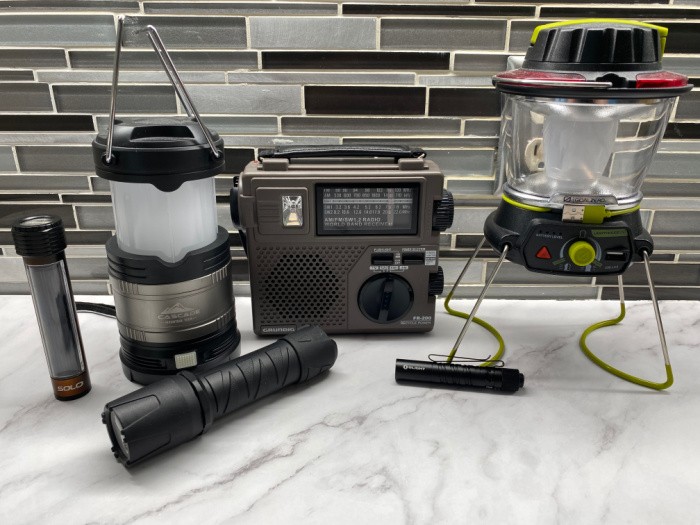
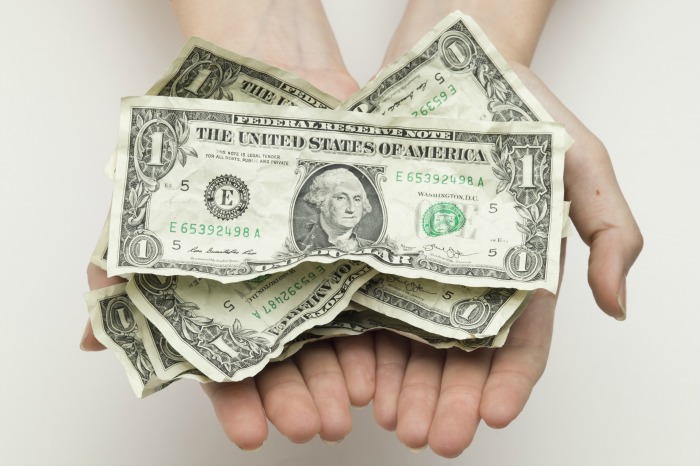





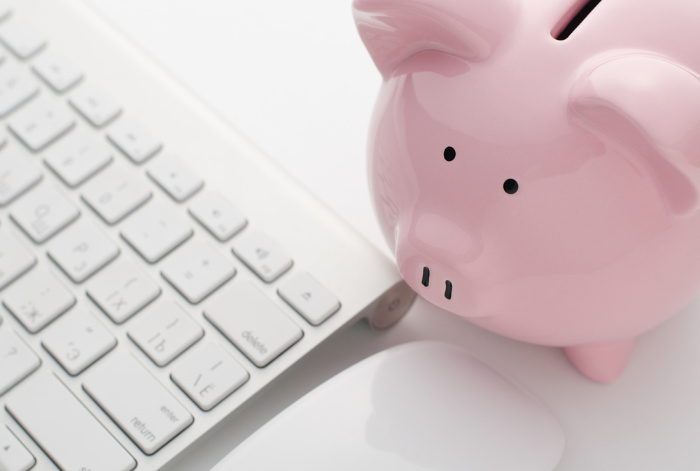
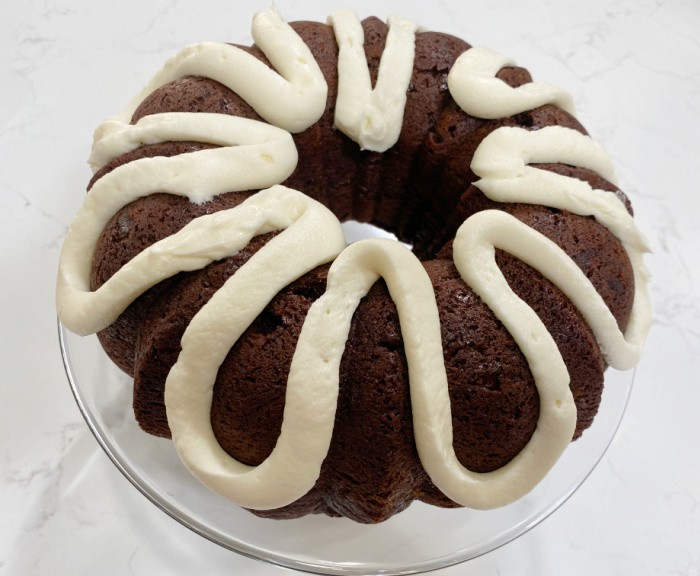
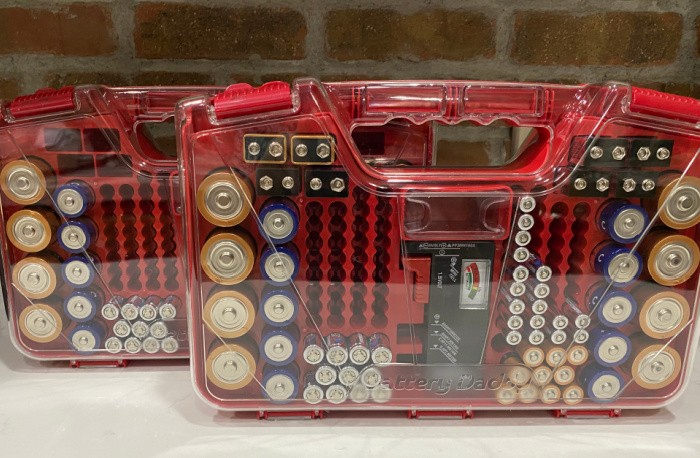


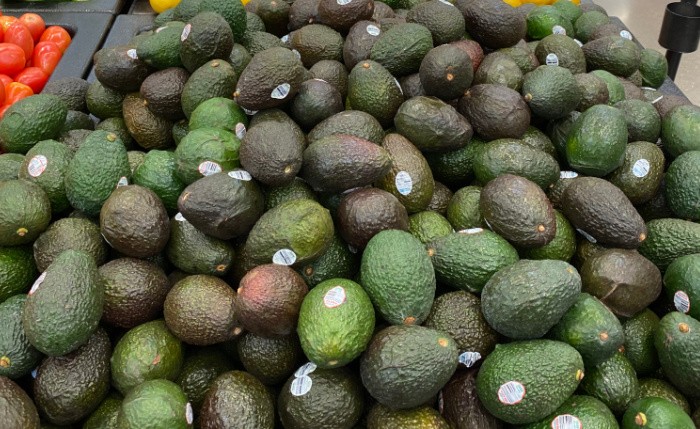
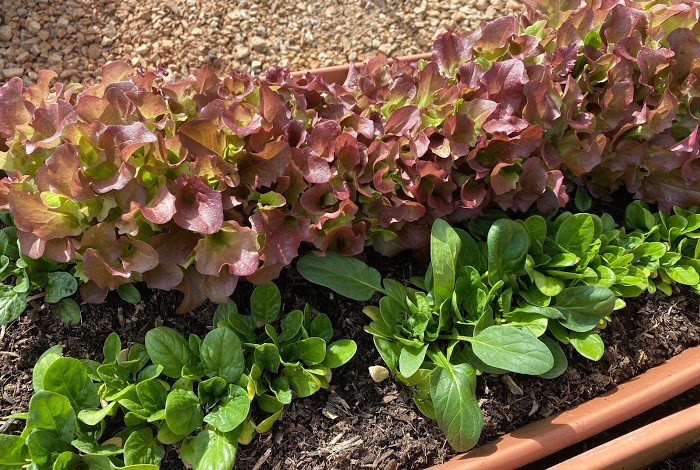

The “don’t go into debt” can be tricky. There are times I believe one should or should consider it within reason.
If the government says on this date you can no longer buy (insert item like radios, guns, magazines, ammo, antibiotics etc etc) then you just weigh the risk/reward. After all a nice AR with 1K rounds don’t do well with the one mag it came with in a firefight. If you die cause you don’t have meds well…
Also if the threat is imminent such as the global virus spreading then throwing $500 on canned goods on the credit card might not be unreasonable. If most die then the credit are debt means nothing anyway.
War might be another because we are used to it being “over there” but that will change very soon. It will be here. Buying body armor and defaulting on a credit card ain’t that big a deal. What are they gonna do? File a lien on my house that’s now an artillery crater?
Just some thoughts
Hi Matt, you have some great points, I totally agree with. I had a friend order some “food storage” that came on a pallet. Yes, a pallet. It was over $7000.00 to have it delivered to her garage. The kicker, NEVER store your food storage in the desert in your garage unless you have it air conditioned. She had me come over to her house to check it out, I was so glad she thought to buy food storage but some of that stuff in those containers, yeah if I was starving I would eat it! LOL! I’m sure a lot of it would be palatable but then she had to pay 18% interest on the credit card. I must agree on many of the items you mentioned it would be worth putting on a credit card if there was no other way to get the items before we can NO LONGER get them. You know what I’m talking about. Great thoughts, my friend,Linda
Establishing contacts with likeminded and keeping OPSEC on preps is a difficult challenge. The ole “Trust but Verify”.
I’ve done a lot of meet n greets over the years many which went well and some not so much. Then from there I start training or shooting with them to get to know them. Then maybe work on some projects together like building a coop or fixing a vehicle. Cook a meal with Dutch ovens or something.
Slowly let folks in to what you have and your capabilities are. Very slowly.
Watch for red flags and trust your instincts
Hi Matt, I totally agree, slowly let the folks in and watch for red flags and yes we must trust our instincts. Good ones!!! Linda
I agree with Matt regarding some of the reasons it might be necessary or recommended to go into debt for some preps.
After reading this post, I thought back to Y2K!! I grew up prepping in the sense that we always had enough food on the shelf – mostly home canned goods; frozen foods – mostly home-grown meats/veggies; wood for the stove; etc. But when Y2K was a thing, I wasn’t living at home with my parents! Now it was up to me to see to my family’s needs. I did stock up on a number of things – food and water but had the grid gone down at that time, I would not have been able to heat my home or keep frozen foods/refrigerated foods from spoiling (won’t be able to now but that is another story!!). What Y2K did for me, though was get me to thinking of how and what I needed to learn, process, and store in order to survive. I have learned a lot!!
For any beginners out there, be sure to read Linda’s other posts on prepping. She has a ton of information. Best advice though is to not let preparing overwhelm you. One step at a time!!
Hi Leanne, oh yeah that Y2K deal was crazy! My biggest concern lately has been antibiotics, I haven’t had my prepper doctor for 2 years now. He now has Dementia and no longer can practice. I used to be able to get antibiotics with several refills and pay cash for them. The day before Thanksgiving I got really sick and went to an InstaCare they had to run a culture and said they would get back to me on Monday after Thanksgiving. Well, that did not go over well with me. Needless to say, I got an antibiotic, I was not going to leave without one. That will never happen to me again. Thank you for your kind words, Leanne! Linda